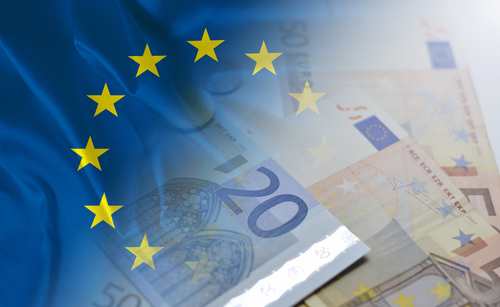|
|
Germany’s economy expanded by a scant 0.3 percent during this year’s third quarter, besting both France and Spain, which each eked out a 0.2-percent expansion.
France’s economy expanded 0.5 percent in the second quarter, Spain’s 1.5 percent.
Germany’s growth was buoyed by a 14-percent jump in sales of new cars in September, which surprised analysts, who had widely predicted that the country would fall into a recession.
Also, unseasonably warm weather and continuing supplies of natural gas have eased energy prices back from their record heights earlier this year, as we document in “Suddenly, Europe Has Stored Enough Gas For This Winter” in this issue.
Germany’s inflation rate reached 11.6 percent in September, its highest in 70 years, with energy prices up 43 percent and food costs rising 20 percent, year on year.
Price growth in France ran at 7.1 percent, a 25-year high, compared to 6.2 percent in August. In Spain, the rate fell from 9 percent in August to 7.3 in September.
Italy’s inflation swelled to 12.8 percent in September from 9.4 percent the month before, due to rising gas prices finally catching up to consumers’ energy bills.
Still, “after such a shocking inflation release, the Italian government will likely feel compelled to speed up the launch of a new package of dedicated compensating measures,” analyst Paulo Pizzoli at ING said to the NYT.
TREND FORECAST: More stimulus, i.e., fake money, will in turn jack up the already soaring inflation index throughout Europe… making an already bad inflation crisis much worse. As we note in this and previous Trends Journals, with companies and households increasingly suffering under higher energy bills and other inflationary pressures, people across Europe are taking to the streets. And with the European Central Bank raising interest rates .75 basis points, recessionary pressures will increase… and so too will the protests.

